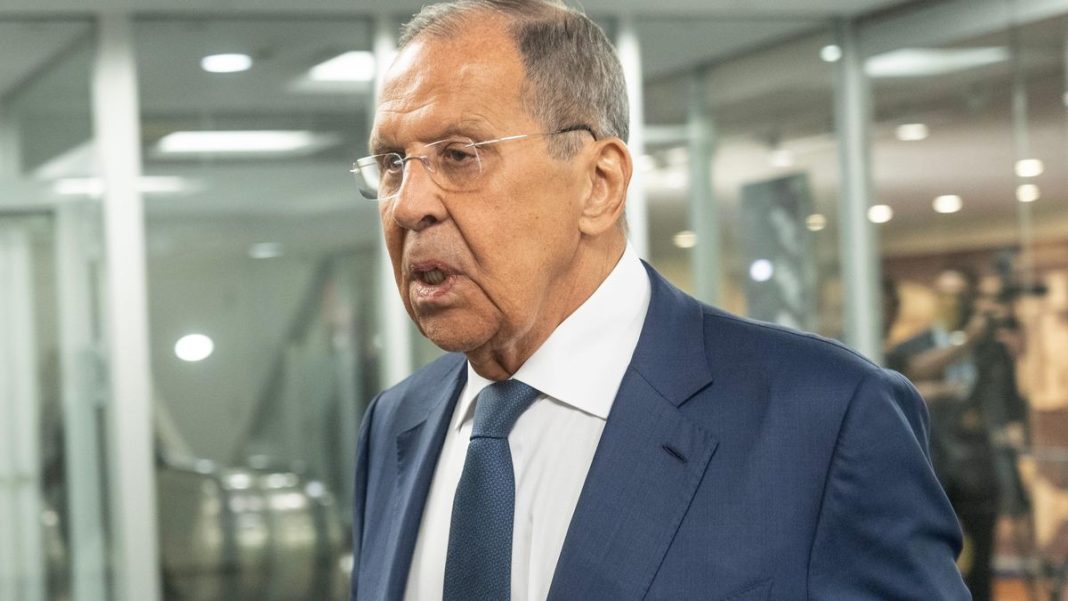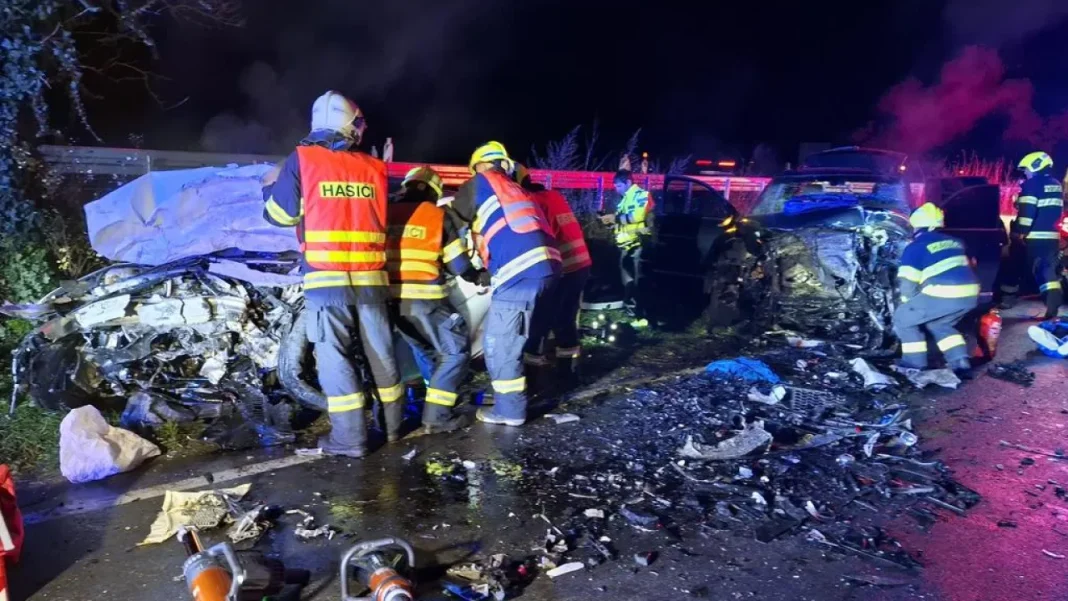Recent developments have surfaced indicating Russia might be preparing for a nuclear test based on orders from President Vladimir Putin. This decision, if executed, would mark a significant escalation in global nuclear tensions.
Russia’s Nuclear Strategy

In the wake of rising geopolitical tensions, Russia’s potential consideration for a nuclear test signals a critical shift in its military posture. Historically, the country has maintained its nuclear capabilities as a deterrent, yet recent strategic movements suggest a departure from mere deterrence to showcasing power. Experts believe this could be a response to international pressures and a demonstration of military might.
According to unnamed sources, the Russian government has been assessing various scenarios under which a nuclear test could proceed. This preparation involves not only technical assessments but also geopolitical calculations considering responses from the West and other global powers.
International Reactions

The international community has expressed grave concerns over the possibility of a Russian nuclear test. NATO members, alongside other global actors, are closely monitoring the situation. The potential for such a test has reignited discussions about arms control treaties and the need for renewed diplomatic dialogues to curb nuclear proliferation.
Moreover, the United Nations is likely to engage in deliberations to address this development, aiming to prevent an escalation into a broader conflict. Diplomatic channels are expected to be heavily utilized to dissuade Russia from proceeding with any nuclear test.
Implications for Global Security

A Russian nuclear test could destabilize the already precarious balance of global security. It might trigger a new arms race, with other nuclear nations feeling compelled to conduct similar tests to affirm their strategic deterrence capabilities. This development could dramatically impact international peace efforts and delay negotiations on nuclear disarmament.
The psychological impact on global citizens cannot be underestimated. Fears of nuclear warfare could lead to increased tensions among nations and further aggravate public sentiment against nuclear arms.
Potential Diplomatic Outcomes

The prospect of a nuclear test could drive major powers back to the negotiating table. It presents an opportunity for renewed discussions on comprehensive nuclear disarmament agreements and updating existing treaties to reflect contemporary challenges. There is also potential for new accords focusing on reducing the risk of nuclear conflict through rigorous verification and trust-building measures.
However, reaching such diplomatic outcomes will require substantial concessions from involved parties, mutual assured efforts towards transparency, and greater international cooperation to address broader security challenges.
The unfolding situation underscores the critical need for sustained diplomatic engagement to ensure that the delicate balance of global security is maintained without resorting to shows of military strength.





